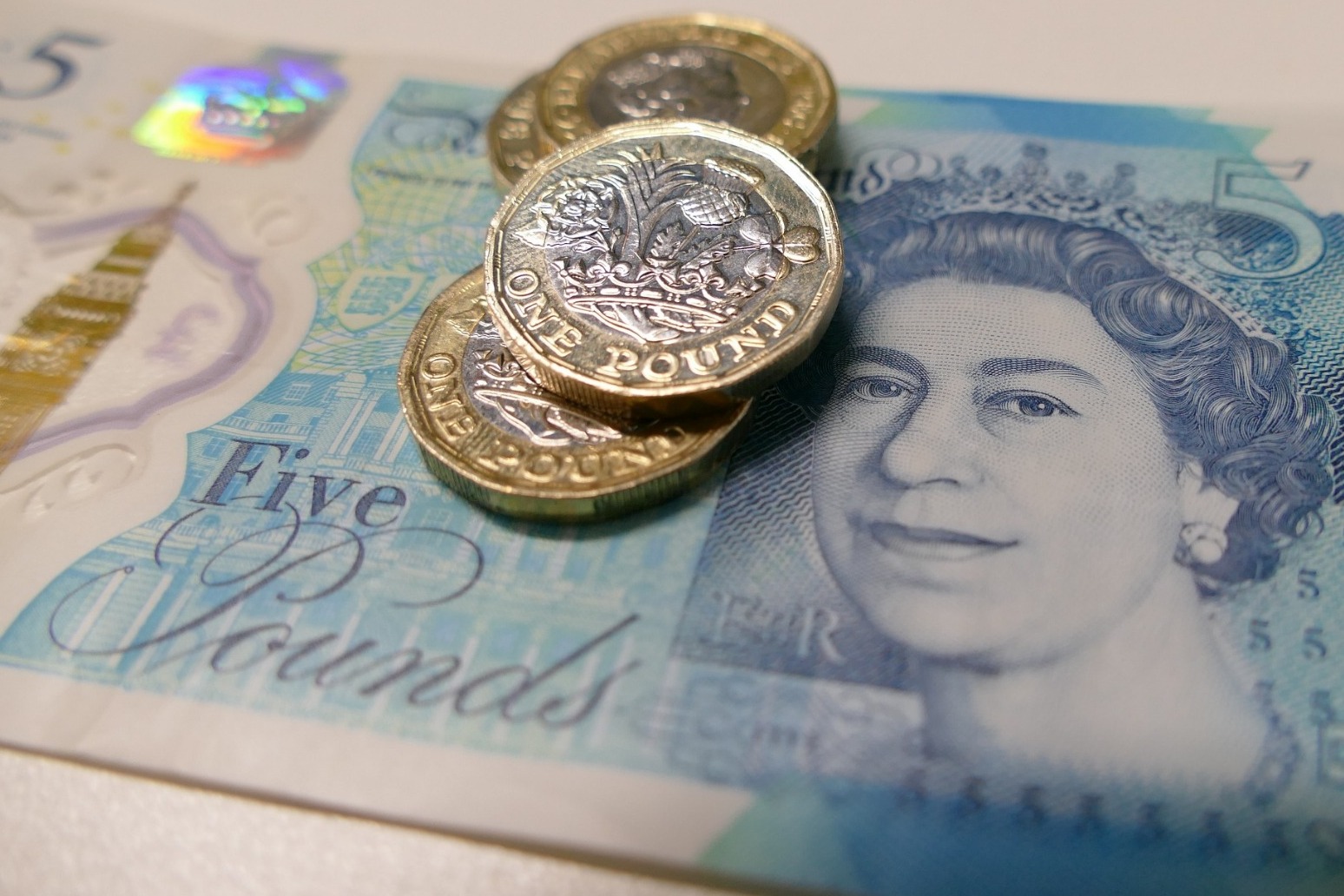
Sterling jumps as UK lawmakers take step to stop no-deal Brexit
Sterling rallied above $1.22 on Wednesday for the first time since Aug. 30 as investors grew more optimistic about Brexit after British lawmakers took another step in an attempt to block a no-deal Brexit.
Lawmakers who defeated Prime Minister Boris Johnson's government late on Tuesday are hoping to pass a bill that seeks to stop Britain from leaving the European Union on Oct. 31 without transitional arrangements.
The House of Commons approved the proposal by 327 to 299 in favour of the plan late on Wednesday. It now goes to the parliament's upper chamber for approval.
Johnson demanded an Oct. 15 snap election and is expected to table a motion for it on Wednesday. Britain's opposition Labour Party said it will not back the vote to hold an early election.
The latest sterling moves take it further off three-year lows of $1.1959 hit on Tuesday.
Bank of England Governor Mark Carney said on Wednesday that a worst-case no-deal Brexit would inflict less severe damage on Britain's economy than previously thought because of preparations undertaken since the end of last year.
In late U.S. trading, sterling was up 1.13% at $1.2224 , having vaulted briefly to a one-week high of $1.2229 as it was boosted also by a 0.5% dollar pullback sparked by Tuesday's dismal U.S. manufacturing data..
Against the euro, the pound was up by 0.62% at 90.24 pence .
Sterling volatility gauges also eased, with two-month implied vol, a contract capturing the Oct. 31 Brexit deadline, falling from three-year highs reached on Tuesday.
Appetite for sterling was not dented even by a weaker-than-expected services purchasing managers' (PMI) survey, though the figures came as a warning that Britain's economy is in danger of entering its first recession since the financial crisis.
The PMI fell to 50.6 in August from 51.4 in July. A Reuters poll had forecast a smaller decrease to 51.
More big price swings are likely as the battle over Brexit enters another crucial phase. Possible outcomes range from a turbulent no-deal exit to abandoning the whole endeavour.
The British currency is the second worst performing major currency year-to-date, according to Refinitiv data. Except for lows plumbed during an October 2016 "flash crash", sterling's Tuesday fall took it towards levels not seen since 1985.
That $1.05 record low could be breached if Britain hurtles into a no-deal Brexit, some reckon. But its current respite may also be short-lived, especially if a snap elections is called.
That would open up a new set of scenarios including the possibility of Labour leader Jeremy Corbyn becoming prime minister.
"Not only uncertainty about the election outcome (thus various possible Brexit options) remains high, but the most probable alternatives don't appear to offer much of a respite for sterling," ING analysts told clients.
"We see Brexit/early election as under-priced by the market and look for more downside to sterling," they added.
Published: by Radio NewsHub